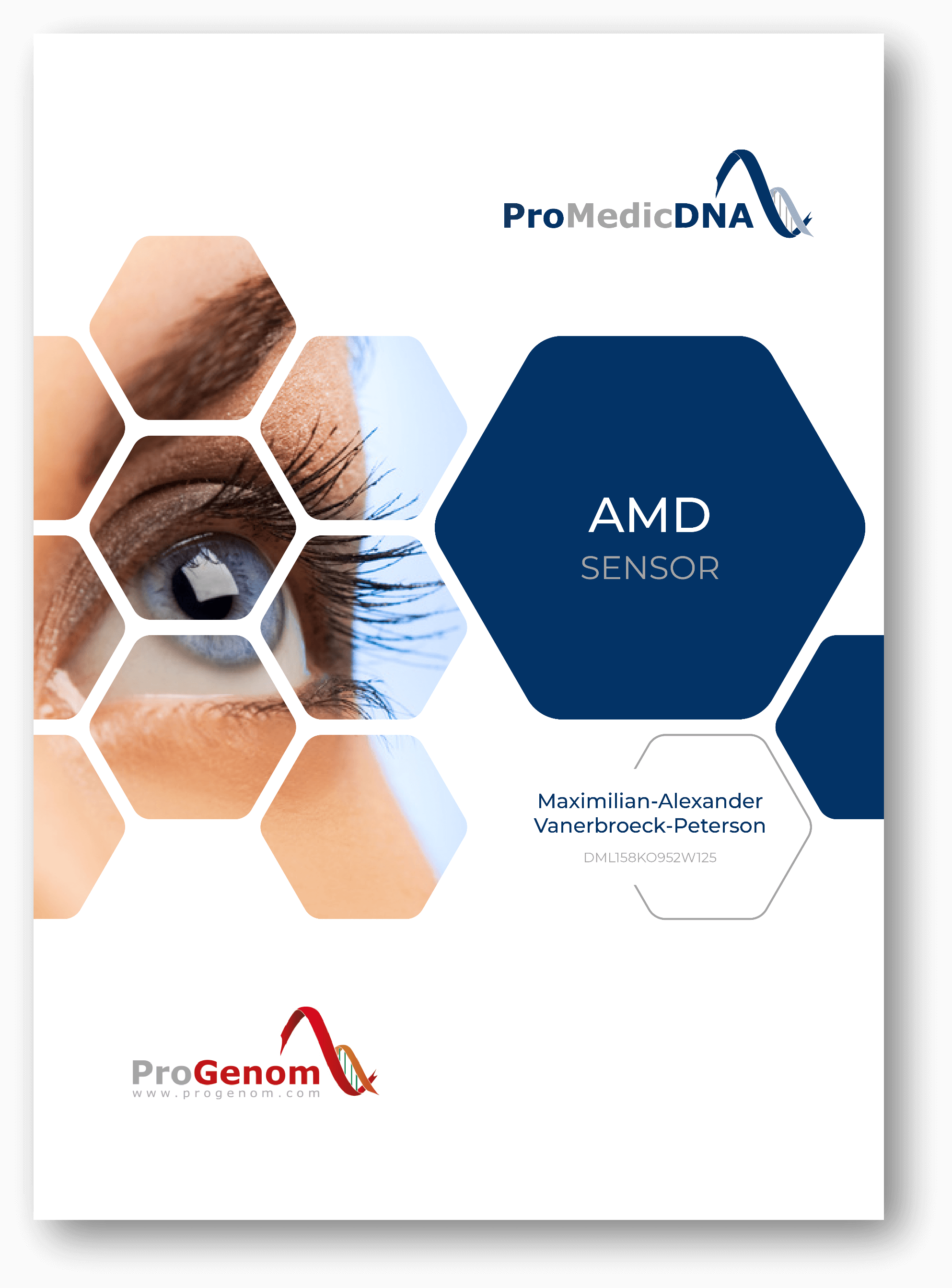ADHD is a serious psychiatric disorder
Attention Deficit Hyperactivity Disorder, or ADHD, is one of the most common mental disorders in childhood and adolescence. Experts estimate that approximately 5% of 6 to 18-year-olds worldwide, and also in Germany, are affected by ADHD, which is about 500,000 children and adolescents. Boys are 3 to 6 times more likely to suffer from the disorder than girls.
The three core symptoms of ADHD are attention and concentration difficulties, impulsive behaviors, and pronounced restlessness (hyperactivity). Behavioral abnormalities may not occur equally in all three areas, but they always appear early in development, usually within the first five years of life, and across multiple areas of life (e.g., family and kindergarten).
Symptoms are usually more pronounced in situations that require prolonged attention, such as school lessons, homework, or meals. In a new environment, during a favorite activity, or when confronted with only one person, the signs of the disorder may hardly or not at all appear. Depending on the severity of the disorder, ADHD can cause significant problems in important areas of life, such as family and school, as well as conflicts in interpersonal relationships.
Genetic predisposition for the development of ADHD
Although the causes and mechanisms behind ADHD are not yet fully understood, it is believed that many genetic factors interact with environmental influences, leading to functional disorders in certain neural circuits, thus manifesting in corresponding symptoms. Environmental factors include drug abuse during pregnancy, birth complications, or psychosocial influences such as a disturbed parent-child relationship.
As mentioned earlier, hereditary predisposition in the form of our genes also plays a significant role in the development of ADHD. About 75% of ADHD cases in affected individuals can be traced to certain genetic variants. A genetic analysis thus often confirms the diagnosis when behavioral disorders have already been observed.
How does our ADHD Sensor work?
With our ADHD Sensor, our laboratory examines the submitted saliva sample for the five gene variants associated with the development of ADHD. Additionally, we check how the genetic profile influences the effectiveness of 16 relevant medications.
This genetic test can determine how likely an individual is to develop ADHD due to genetic predisposition and which medications should be preferred during treatment.
We evaluate the analysis results in a detailed report that also provides therapy recommendations based on the effectiveness of various medications.
Within this framework, our ADHD Sensor can derive a diagnosis from your genetics as well as existing behavioral abnormalities and suggest helpful treatment measures.
ADHD Sensor Overview
- Analysis of the 5 ADHD-relevant genes
- Assessment of the genetically determined ADHD risk
- Effectiveness testing of 16 common medications
- Reliable & ISO-certified analysis by our laboratory
- Comprehensive evaluation of test results
- Recommendations for a successful therapy



























